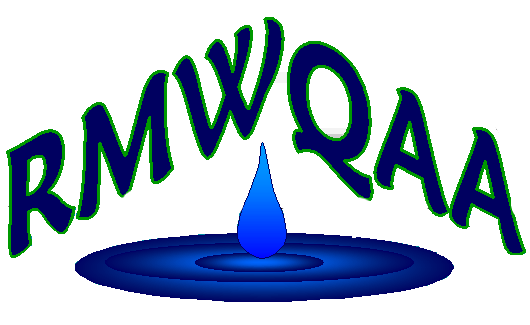In the lab, we strive for 100% every single day. We want everything to be exactly by the method, documented, within specs… we aim for perfection. And that’s fantastic. But that’s not how real life always works. Sometimes stuff goes wrong, or at least partially not right.
There is biology in our analytical lab. Personally, the most challenging tests for my program are WET, E. coli, and BOD - at times, these tests drive me insane. They are biological! It doesn’t always go perfectly in the analytical realm- throw in some biology and good luck! But we are all biology. We are human. We have off days and make mistakes. And it’s ok to be human.
Even analytical requirements have error built in. Known standards need to be within 90-110% to be considered acceptable. Heck, some of the more wobbly tests even stretch to 70-130% acceptability limits. So, why don’t we give ourselves similar margins of error? Why do we understand that analytical tests have a small range of error but do not grant ourselves the same grace?
Perfection is tough under optimal conditions. But we all face challenges - aging equipment, juggling multiple priorities, short on staff and budgets, lower and lower detection limits, etc. Yet we still want to be perfect. It’s ingrained in our analytical brains - everything has a set procedure, we can’t deviate, and we know there is a precise right answer. We always seek that 100% recovery, perfect slope, and not missing anything. This degree of perfectionism has an important role in the lab. But it can also make us crazy.
Even in the lab, it’s not always black and white. I can’t tell you how many times I’ve been trying to find out the answer to my question only to determine that it is a grey area and up to some level of interpretation. Who would have thought there was art to our science?! And the further we dig in, the more complicated it gets. We are juggling priorities and facing difficult questions where sometimes we must choose the lesser evil. We do the best we can with the resources we have. Personally, I used to think that I’d have it figured out by this point in my life. But the truth is - if we keep advancing and taking on bigger challenges, it never gets any easier. The questions and challenges just keep getting harder. And I think most of us would be bored if they weren’t. But the fact remains- we keep raising that bar.
It’s great to strive for perfection and I’m not suggesting that we shouldn’t. But it’s also important to know when good enough is good enough. I’m not saying to cut corners or to lower the bar. But we are human and can only do our best. I’ve noticed that people who are drawn to the lab often have an analytical mindset that is such an advantage. But if you are one of those people who wakes up in the middle of the night worrying about something in the lab, can’t turn off during vacation, or stress about the increasing cost of service contracts or how you’re going to attract or retain top notch chemists - I implore you to reevaluate where you’re putting your energy. When we set our sights on perfection, we don’t give ourselves credit for all the amazing things that we ARE accomplishing. Like anything, it’s a balance, right? Continual improvement is a good goal but not at the cost of undervaluing all the stuff that we get right every single day. Sometimes, instead of stressing about hold times, sig figs, and whether we remembered to pH-adjust that buffer - our energy is better spent on nominating a colleague for recognition on a special project, chatting with Operations about upcoming data needs, or just taking a moment to appreciate how much our labs and teams accomplish every single day. We do great work. Take the time to give yourself a pat on the back.
Melissa Mimna is Laboratory Manager for the City of Boulder Water Resource Recovery Facility (WRRF) where she has worked in the WRRF Lab for the past 12 years.
 Welcome to the
RMWQAA Website!
Welcome to the
RMWQAA Website!  Welcome to the
RMWQAA Website!
Welcome to the
RMWQAA Website!